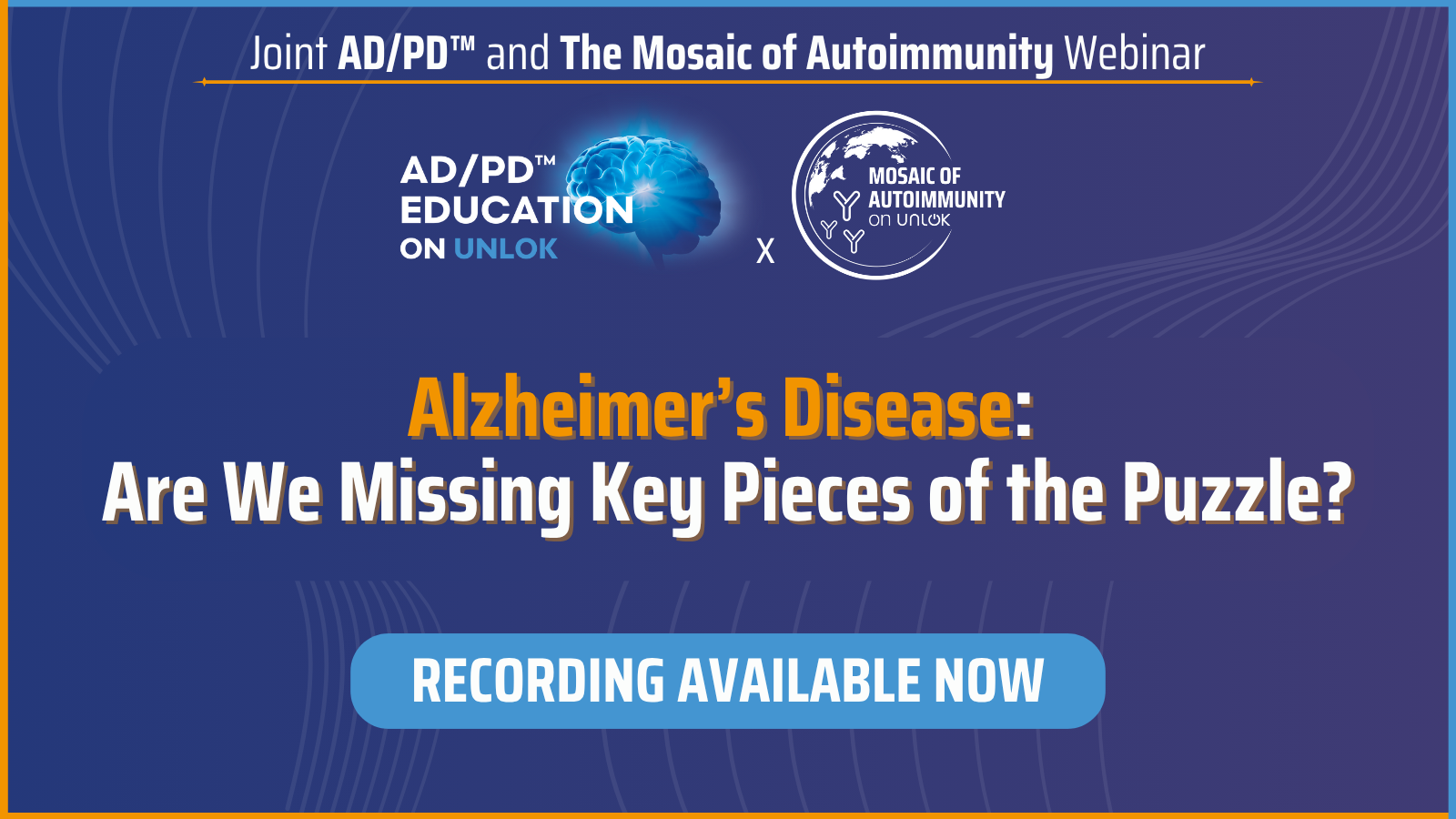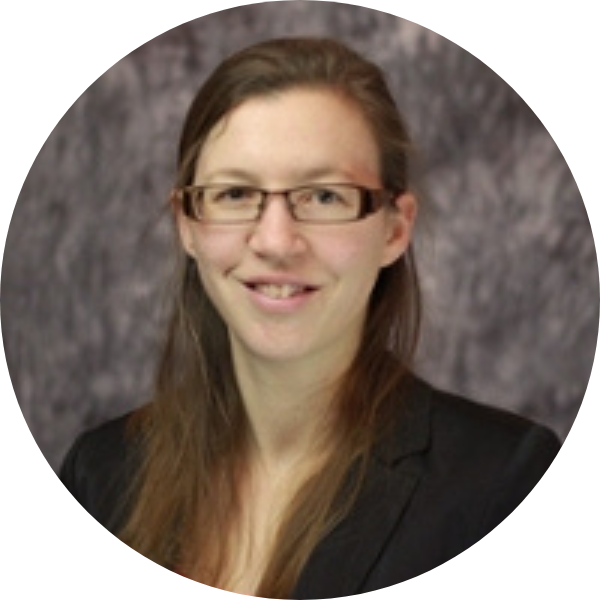Alzheimer’s disease remains a mystery, but are we overlooking crucial factors?
This webinar brought together experts to explore cognitive decline, key pathological features like amyloid plaques and tau tangles, neuropathology, and potential autoimmune connections. It also unveiled a new theory on Polyamine Dysregulation and Nucleolar Disruption, offering a fresh perspective on neurodegeneration.
You can now access the recording and earn 1.5 CME credits.
Objectives:
- Examine the key symptoms and pathological features of Alzheimer’s disease, including cognitive decline, amyloid plaques, tau tangles, and neuroinflammation.
- Evaluate the role of interdisciplinary research in advancing our understanding of Alzheimer’s disease and identifying new research directions.
- Analyze the potential links between autoimmune processes and neurodegenerative disorders, with a focus on Alzheimer’s disease.
- Assess how targeting nucleolar dynamics and polyamine metabolism could serve as novel therapeutic strategies for Alzheimer’s disease and related disorders.
Agenda:
1. Welcome & Introduction (5 min)
2. Setting the Context: Understanding Alzheimer’s Disease (30 min)
- Speaker 1: Neuropsychology Perspective
- Symptoms of Alzheimer’s disease
- Cognitive decline and behavioral changes
- Speaker 2: Biological/Neuropathological Perspective
- Biological mechanisms and pathological features (e.g., amyloid plaques, tau tangles, inflammation, immune system)
- Connecting pathology to interdisciplinary research
- Autoimmune Theories & Links to Neurodegeneration
- Speaker 3: New Theory- Polyamine Dysregulation and Nucleolar Disruption in Alzheimer’s Disease (30 min)
- Alternative views on nucleolar dysfunction
- Polyamine imbalances and neurodegeneration
- Therapeutic and translational insights
3. Discussion and Q&A (20 min)
- Moderator-led discussion
- Audience questions and expert responses
Moderator
Marit Ruitenberg
Leiden University, the Netherlands

Speakers
Marina Jendrach
Privatdozen, Charité Universitätsklinik Berlin
2017 Granting of the title „Privatdozentin for
Experimental Neuropathology” at the Charité Berlin
2014 – today Scientist at the department of Neuropathology, Charité, Berlin
2010 – 2014 scientist in the Group for Experimental Neurology, University Hospital Frankfurt/Main
2010 Inaugural lecture and granting of the title „Privatdozentin for Cell Biology” at the Goethe University Frankfurt/Main
Professorial dissertation (Habilitationsschrift): „The role of mitochondria in the aging process and age-progressive
diseases“
2002 – 2010 Postdoc at the Kinematic Cell Research Group, Goethe University Frankfurt/Main
1998 – 2002 Postdoc at the department for Clinical Pharmacology,
University of Ulm
1994 –1998: PhD studies at the Institute for Virology and Immunology at the University Würzburg. PhD thesis: “Internal ribosomal entry in a bicistronic Coronavirus mRNA“
1986 – 1993: Diploma in Mikrobiology, Christian-Albrechts-University of Kiel, Germany

Wesley Brooks
Courtesy Assistant Professor, (University of South Florida, Chemistry), Associate Editor, (Journal of Translational Autoimmunity)
Dr. Brooks worked in business IT for 13 years (Baxter and Kimberly-Clark), but decided to change careers to study epigenetics in autoimmunity. He obtained a PhD (Medical College of Wisconsin) studying histone and DNA interactions, then studied X chromosome inactivation as an NIH post-doc fellow (University of Florida), followed by work in computational drug discovery (University of South Florida) including targeting polyamine enzymes and development of autoimmune-related hypotheses. Dr. Brooks has been an invited speaker internationally including Zurich, Brest, Kazan, and other sites.

